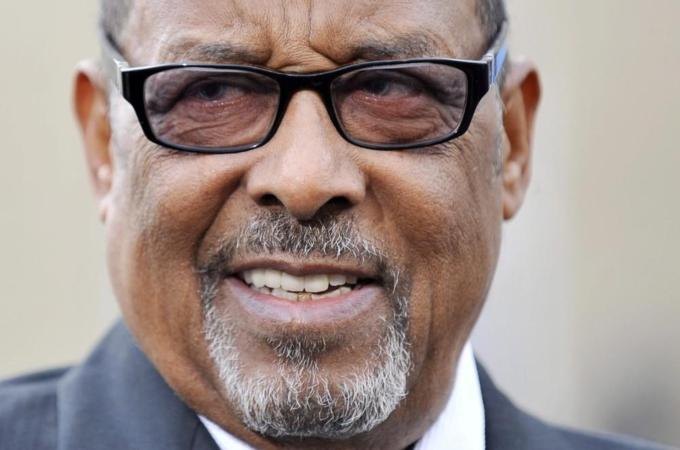It’s 14 years in Parliament without elections as Somaliland endorses another poll delay


Somaliland’s House of Elders has voted unanimously to postpone the presidential elections for a further nine months effectively handing President Ahmed Silanyo a two year extension in office and sending MPs on a 14 year elections free ride.
In a vote by the region’s Senate (House of Elders) Monday, following recommendations by the 21 member committee appointed this past week to review the poll dates, the Senators also sent legislators into the 14th year in office without elections.
Out of the 75 members sitting today, only one rejected the motion paving way for another delay.
The Presidential poll was therefore set for December 13 this year while parliamentarians will head to the ballot April 28, 2019 same as local government representatives. Meanwhile Senatorial elections will take place in April 20, 2020.
Presidential elections for the break-away region were supposed to be held in 2015 but failed to take place as parliament and executive worked on extension plans. The current parliament was elected into office in 2005 and since then there have been no elections. In effect therefore, the MPs will have completed 14 years without elections by 2019.
The Supreme Court last week ordered the Senate to review the poll dates and present timelines anchored into law after the government and parliament alongside the National Elections Committee announced January a new president would be elected in October 10 this year.
Initially, Presidential poll had been slated for March 28, 2017.
The move is likely to generate international pressure following protest by the international community in January after Somaliland announced a six months extension on what it termed as need to address the ongoing drought. The International Community however stood its ground noting the drought could not be used as an excuse to delay the elections.